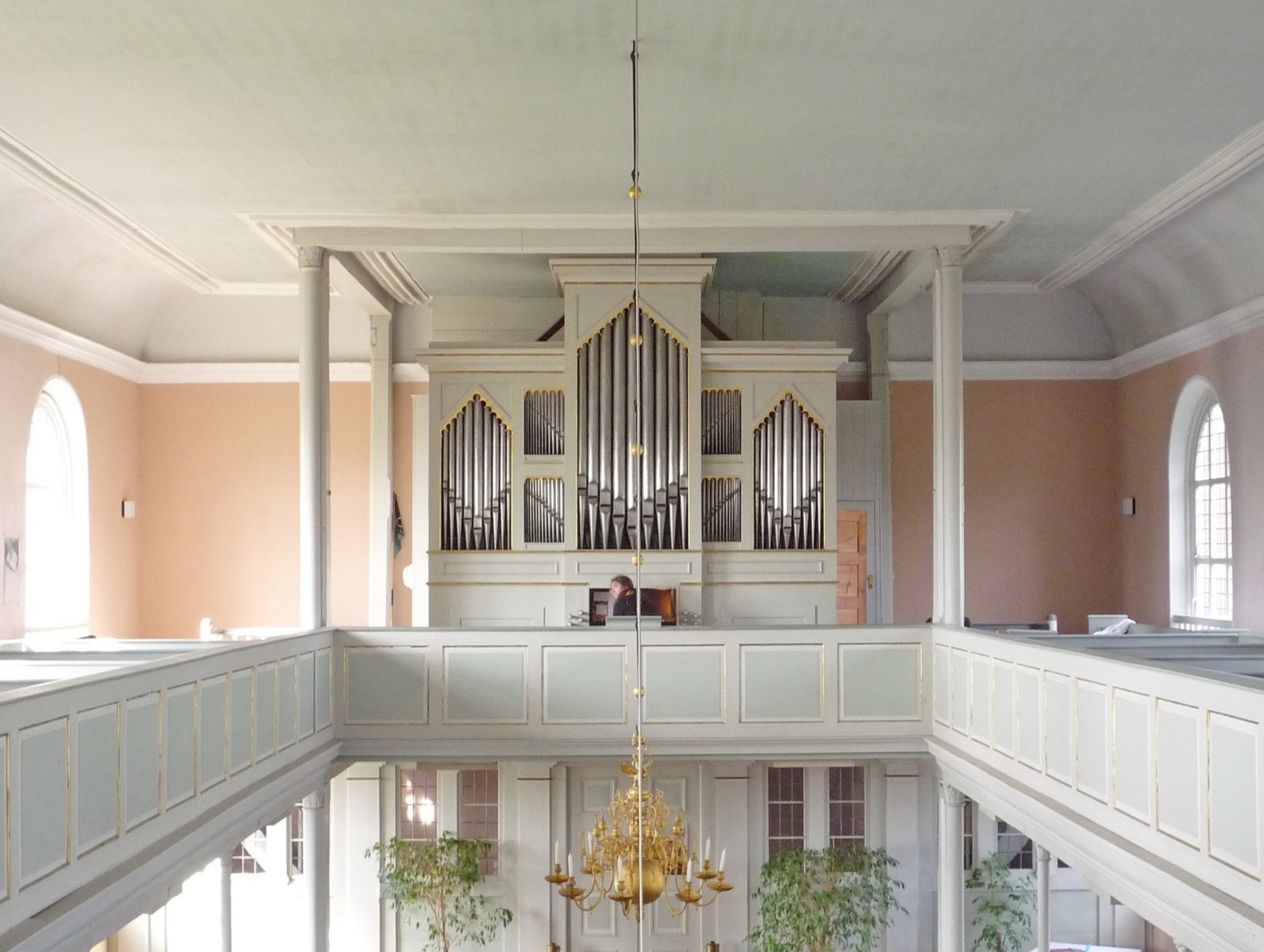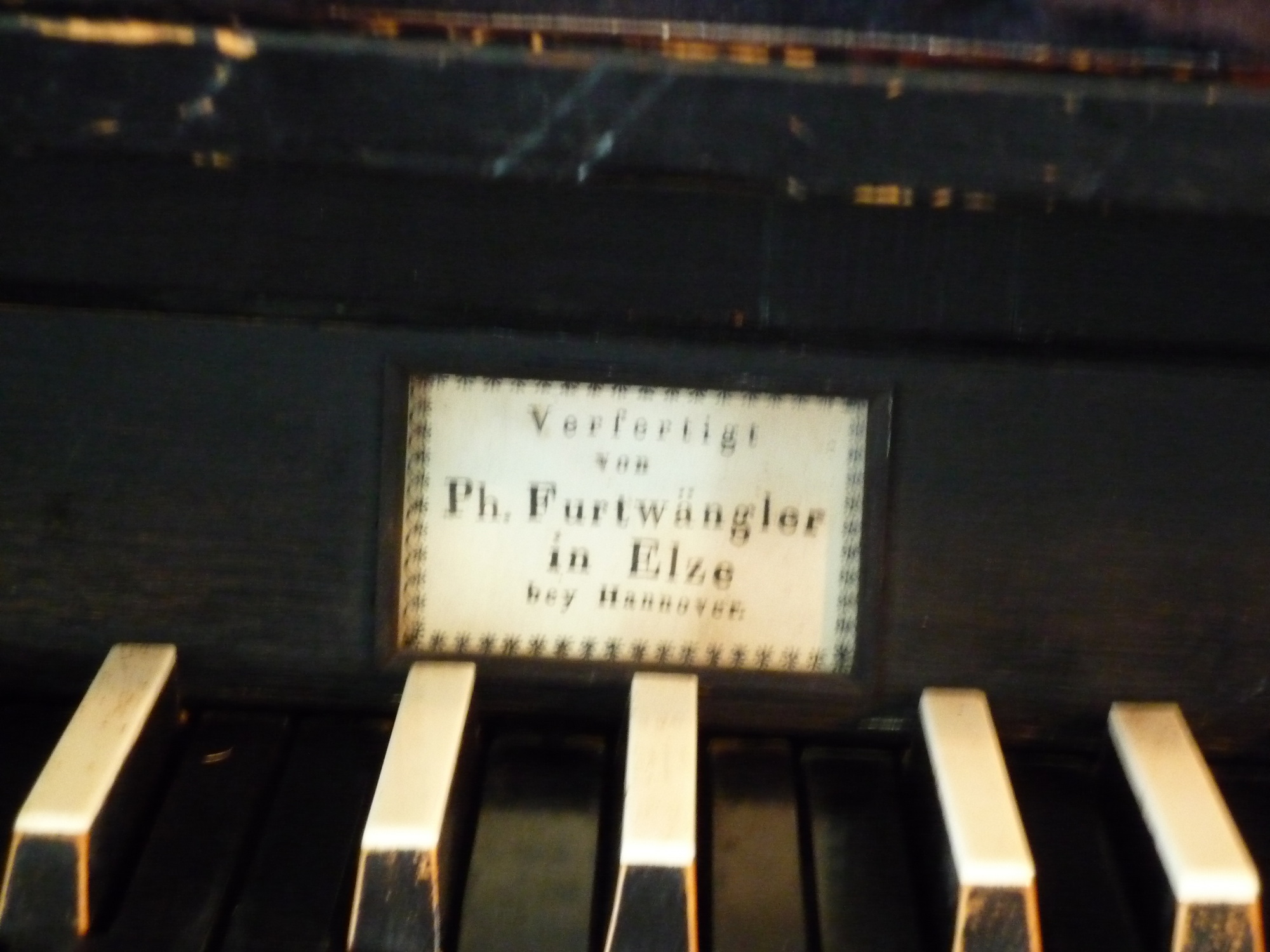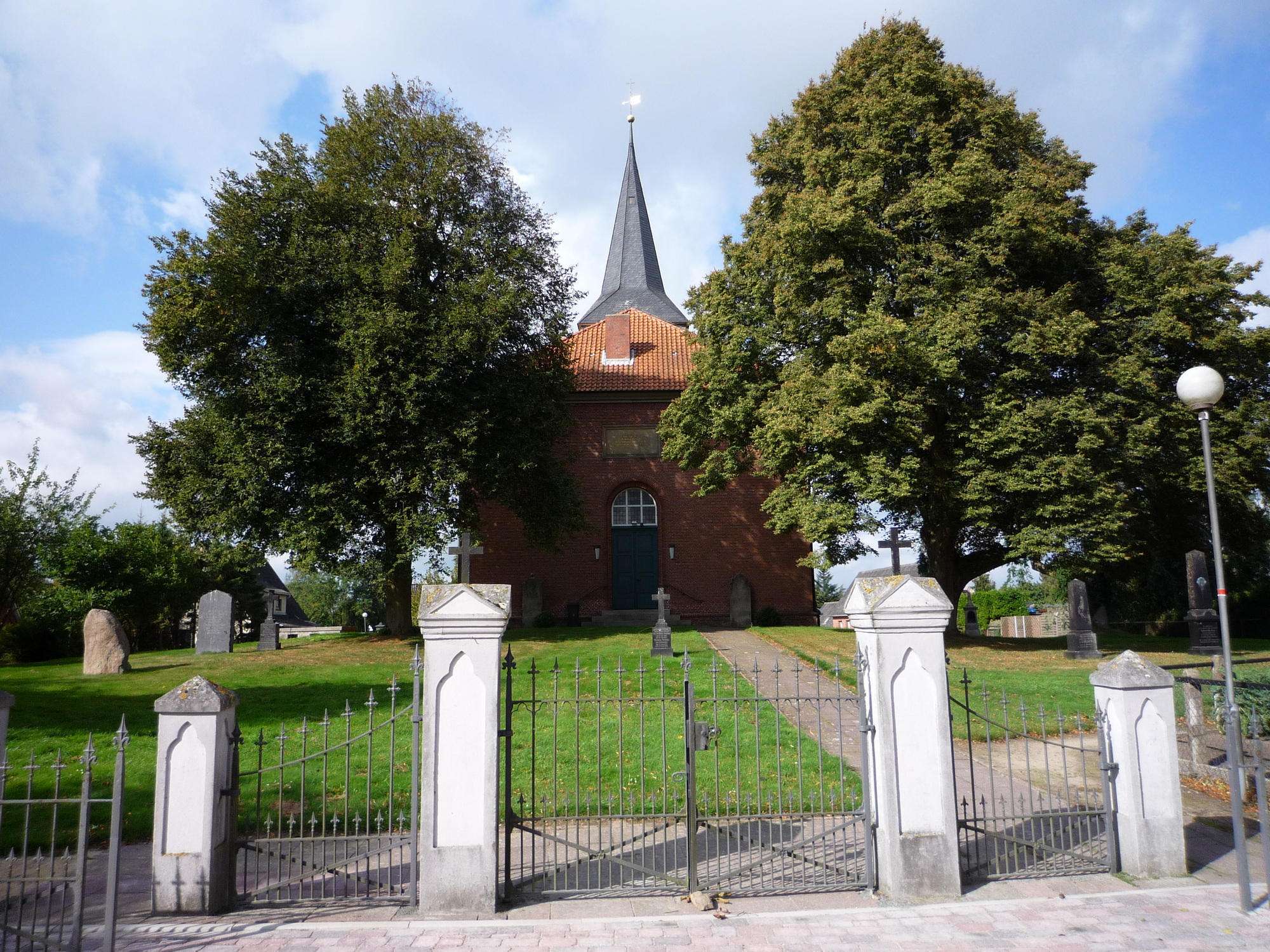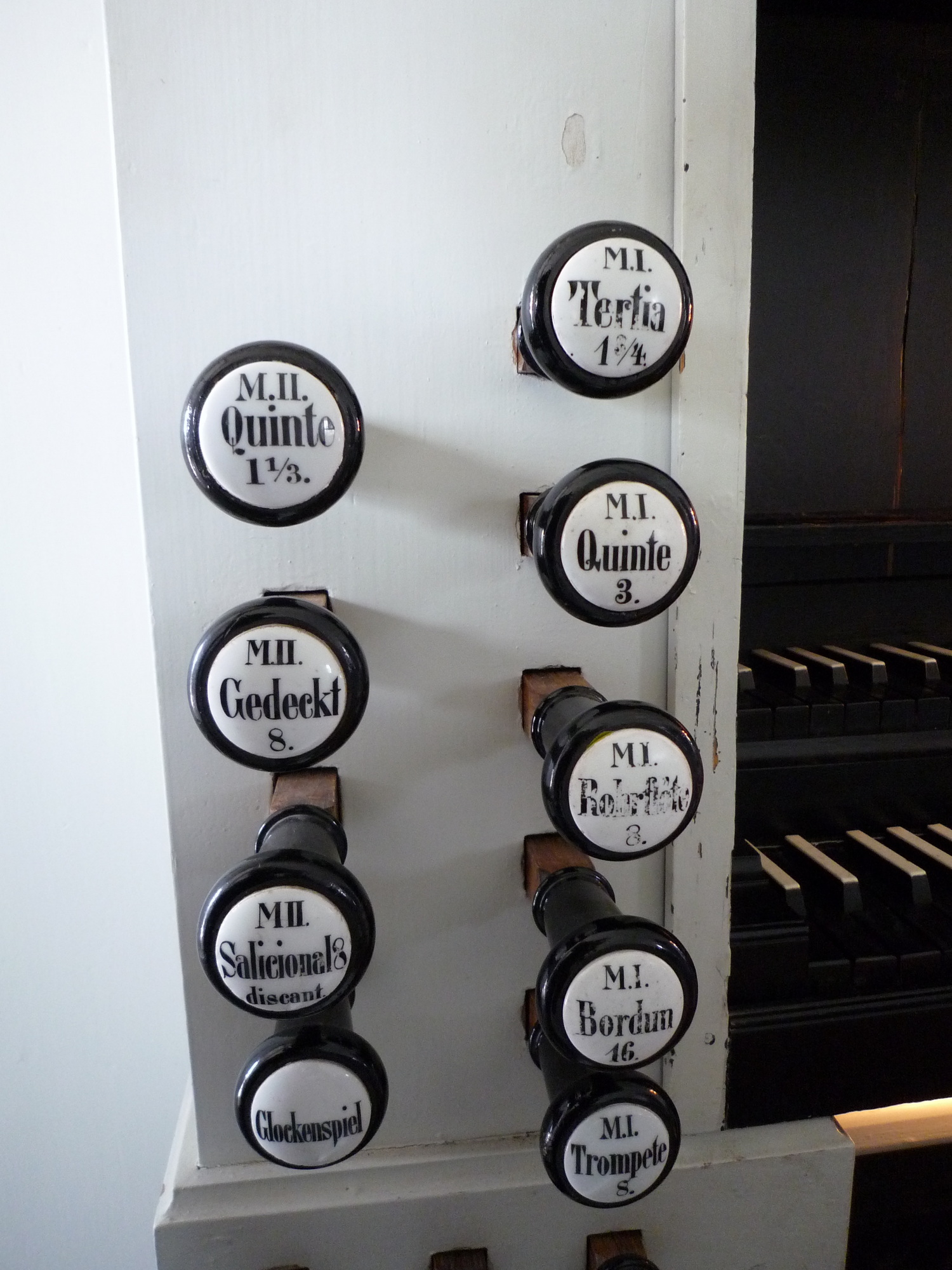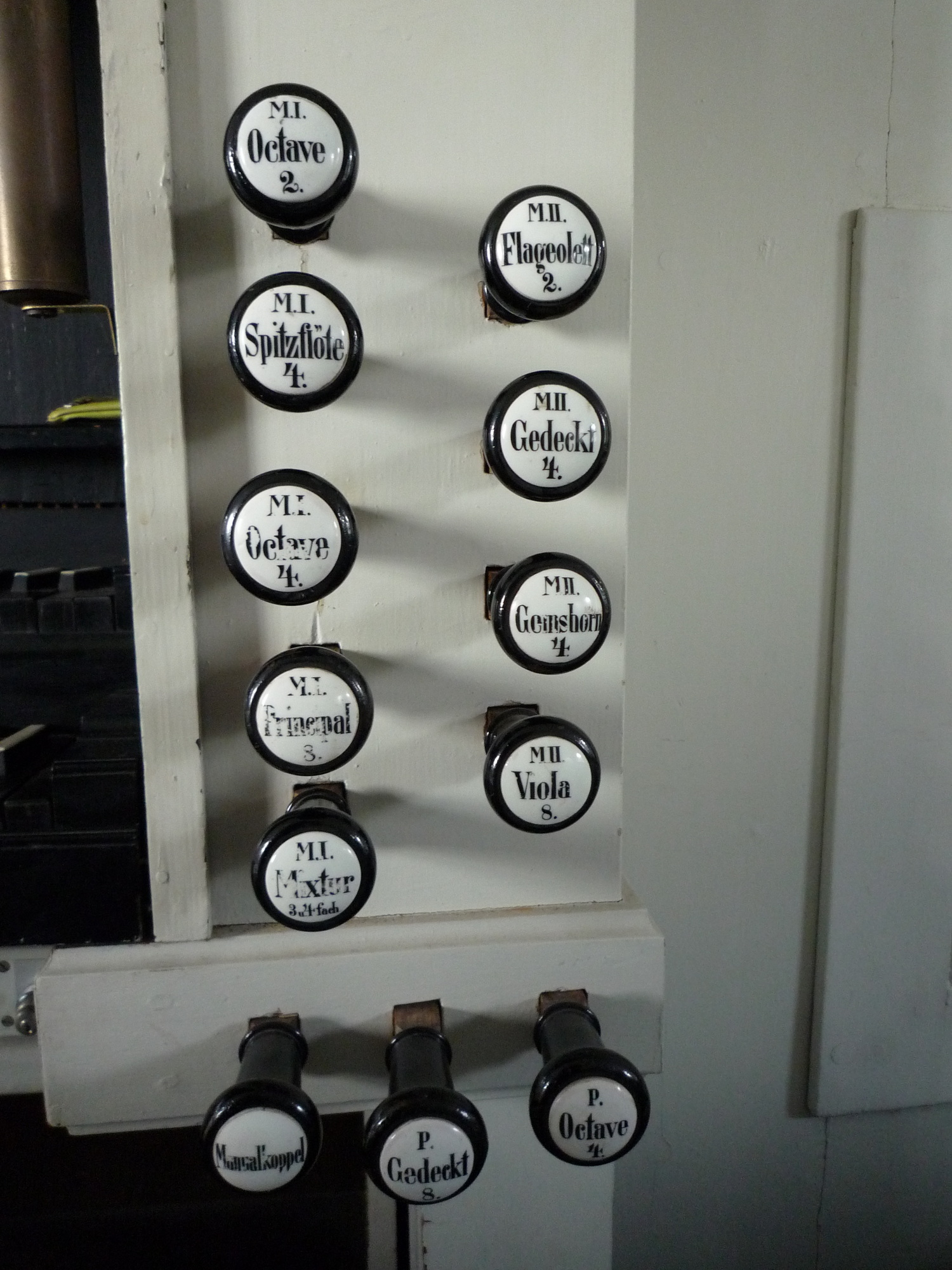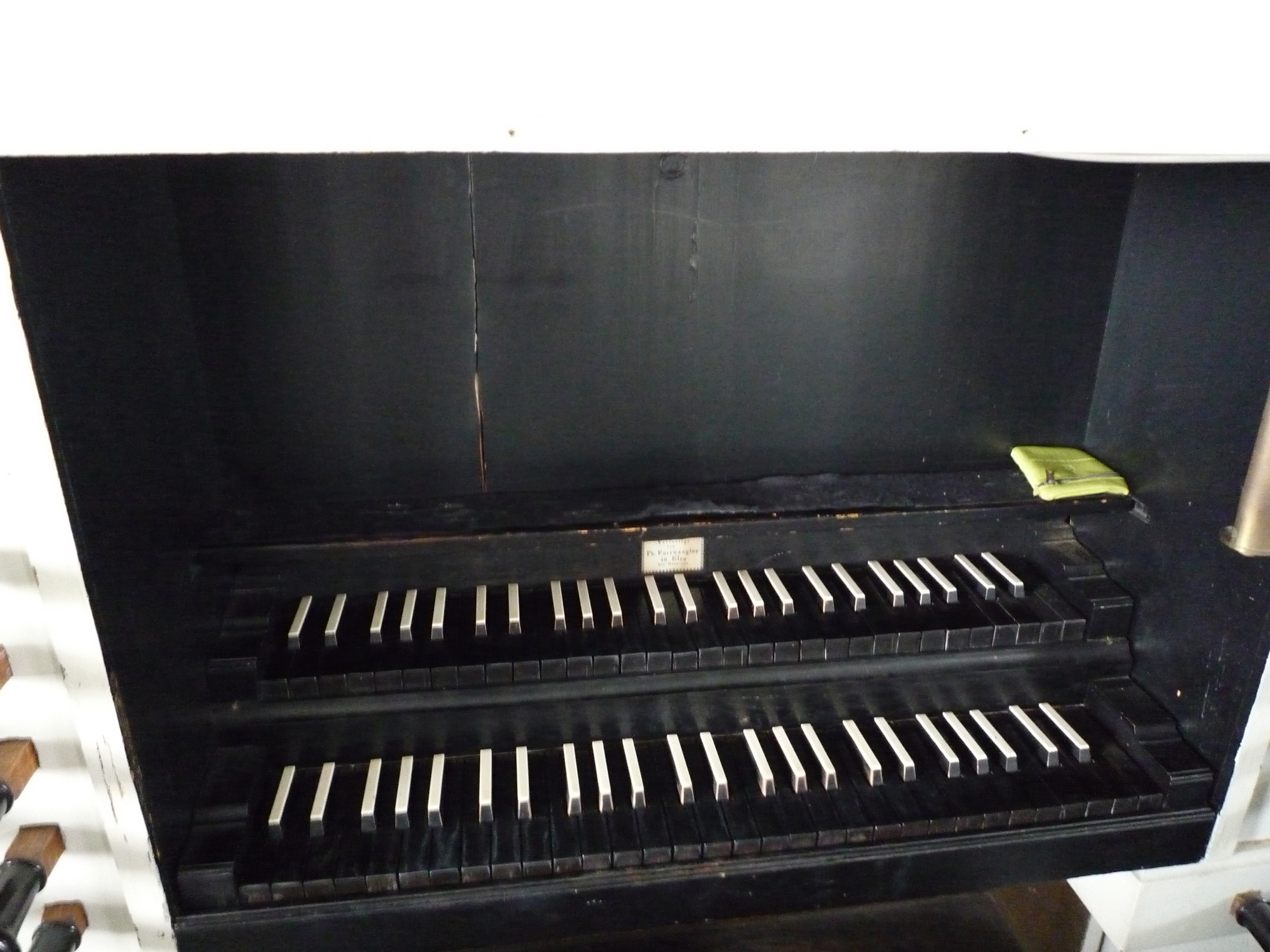Geversdorf, St. Andreas
| Builder | Furtwängler & Hammer |
|---|---|
| Year | 1843 |
| Period/Style | Romantic |
| Stops | 22 |
| Keyboards | 2+P |
| Keyaction | tracker/mechanical |
| Tuning | Equal at 443 Hz |
The organ in St. Andreas Church in Geversdorf, built in 1843 by Philipp Furtwängler, is the oldest surviving organ by this prominent 19th-century organ builder. The instrument retains a largely Baroque tonal foundation, enhanced with the typical tonal colors of the 19th century. This combination makes it a unique piece, bridging the gap between Baroque and Romantic organ building traditions. The organ was restored by the firm Alfred Führer in 1974/1975, ensuring the preservation of its original character. Another technical and tonal overhaul was conducted in 2006 by the organ-building workshop Bartelt Immer, further solidifying its historical and musical significance.
The organ features 22 stops spread across the Hauptwerk, Positiv, and Pedal divisions, showcasing a range of tonal possibilities. The original pipework, including the Trompete and Posaune stops, has been preserved and restored, maintaining the instrument's authentic sound. The organ's technical details, such as its wind pressure and tuning, reflect the practices of the time while also incorporating modern restoration techniques to ensure its longevity. This instrument remains a vital part of St. Andreas Church's musical life and an important example of Furtwängler's work.
The organ features 22 stops spread across the Hauptwerk, Positiv, and Pedal divisions, showcasing a range of tonal possibilities. The original pipework, including the Trompete and Posaune stops, has been preserved and restored, maintaining the instrument's authentic sound. The organ's technical details, such as its wind pressure and tuning, reflect the practices of the time while also incorporating modern restoration techniques to ensure its longevity. This instrument remains a vital part of St. Andreas Church's musical life and an important example of Furtwängler's work.
| Manual | Positiv | Pedal |
|---|---|---|
| Bordun 16' | Gedact 8' | Subbaß 16' |
| Principal 8' | Viola di Gamba 8' | Gedact 8' |
| Rohrflöte 8' | Salicional 8' | Octav 4' |
| Octav 4' | Gemshorn 4' | Posaune 16' |
| Spitzflöte 4' | Gedeckt 4' | Trompete 8' |
| Quinte 3' | Flageolett 2' | |
| Octav 2' | Quinte 1 1/2' | |
| Tertia 1 3/5' | ||
| Mixtur 3-4f 1 1/2' | ||
| Trompete 8' |
No Video/Audio samples available.
https://nomine.net/orgel/geversdorf-st-andreas/
 Pipe Organ Map
Pipe Organ Map